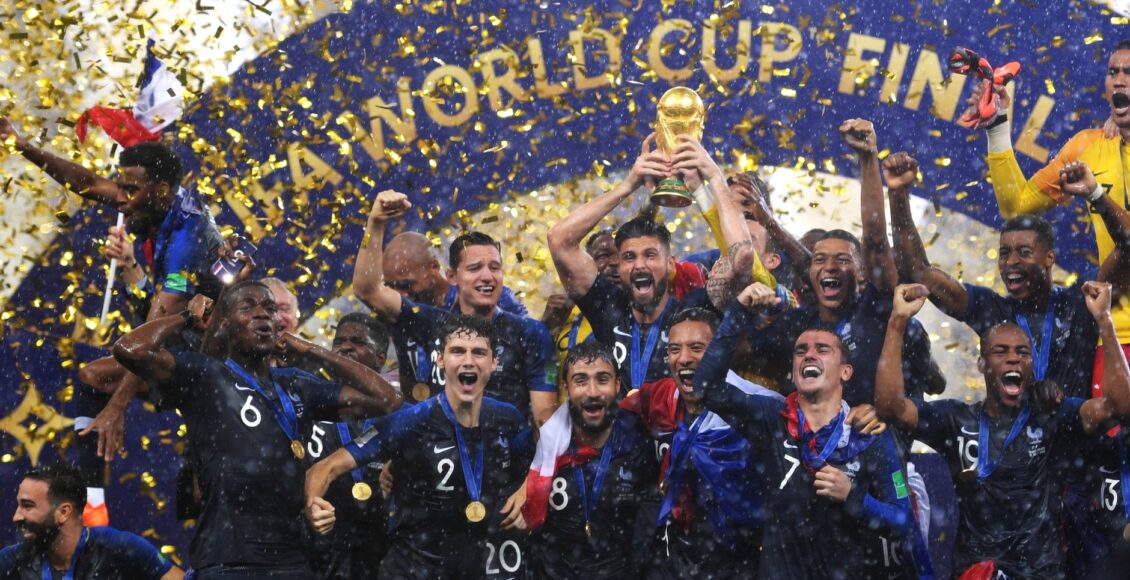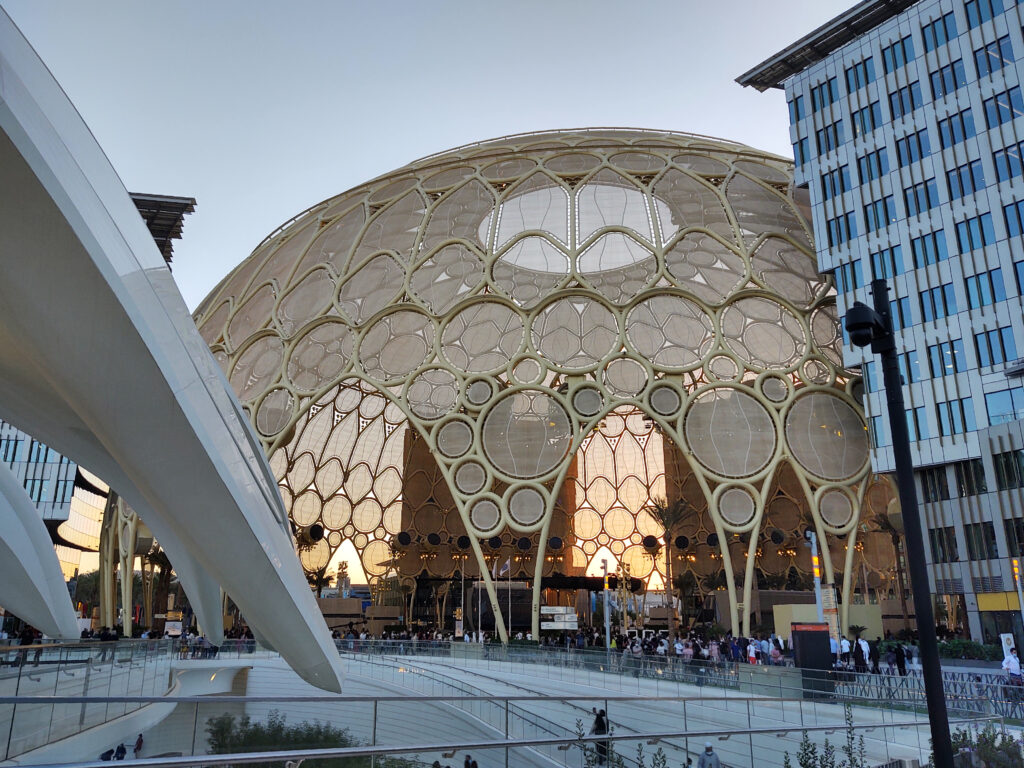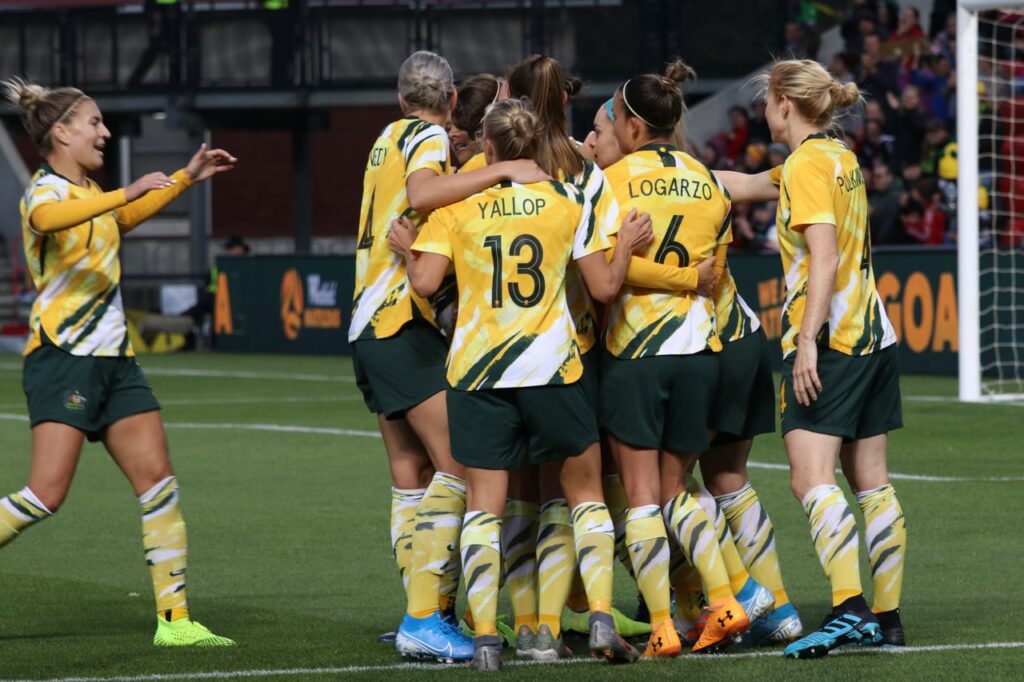FIFA Shoots, Saudi Scores; The 2034 Men’s World Cup’s Impacts Beyond the Pitch

Saudi Arabia hosting the next FIFA Men’s World Cup manifests the Gulf state’s increasing soft power. This move provides the nation with significant leverage in global influence and reputation, boasting their cultural richness, economic development, and image of progressive society. Despite this goal, the power-hungry nation has had no shortage of controversies in recent years. This includes The Line, the Trojena ski resort mega-project, and Ronaldo’s 200 million USD contract with Al Nassr FC, which all contribute to Saudi Arabia’s attempt to build a strong base for soft power. While geopolitical considerations are noteworthy, it is crucial to address the significant human rights concerns within the country. In the year leading up to the Men’s World Cup announcement, a woman, Salma el-Shehab, was sentenced to 34 years in jail for retweeting an activist, and 81 people were executed in one day for participating in anti-government protests. Although Saudi Arabia bears responsibility, it is noteworthy that FIFA, through its host selection process, fails to address concerns related to political freedom, workers’ rights, and discrimination. Indeed, “sportswashing”, the act of hosting sports events or teams to distract from bad practices elsewhere, is a tactic very much in play within this new big project. Simply put, Saudi Arabia is exploiting people’s love for sports to ‘wash,’ or cleanse, its image.
Nations in the Middle East have historically utilized their abundant oil resources to set themselves as global players. States like Saudi Arabia leverage the hard power accrued from the massive post-World War II oil production to establish the foundations of their soft power influences. This is often done by employing cultural diplomacy, educational initiatives, media and broadcasting, sports diplomacy, and mass tourism promotion: examples include the UAE hosting the 2020 World Expo in Dubai and establishing an international New York University campus in Abu Dhabi; Qatar owning the major global news broadcaster Al-Jazeera, as well as the many massive luxury airline corporations in the region. As the rest of the world slowly transitions away from dependence on oil, Gulf States like Saudi Arabia are attempting to diversify their economies. Decreases in oil production and enhancements in cultural influence are playing pivotal roles in this transition.

According to Human Rights Watch, Saudi Arabia allocates billions of dollars to host luxury events as a distraction from the nation’s poor human rights record. Despite announced reforms, the continual repression of civil society and freedom of speech inhibits any meaningful changes. The authorities’ consistent failure to hold wrongful leaders such as Prime Minister Mohammed Bin Salman accountable and the sustained coalition with the UAE in a military campaign in Yemen — resulting in the mass killing of an estimated 377,000 civilians — exemplify the extent to which the nation disregards fundamental rights and freedoms. The country’s human rights violations are well-known globally, making FIFA equally complicit. Arguably, the tournament’s location not only reflects FIFA’s pattern of ignorance and corruption, but also underscores Saudi Arabia’s commitment to hiding their human rights violations from the world.
In tangent with human rights, this event sheds a particular light on women’s soccer. Women’s sports has seen significant advancements in recent decades, and hosting the Men’s World Cup in a country with a record of neglecting women’s freedoms could create a profound setback. Just this year, more than 2.2 billion viewers tuned in to watch the 2023 FIFA Women’s World Cup, nearly double the viewership of 2019. However, in Saudi Arabia women continue to be the subject of oppressive laws. Under the male guardianship system, men have full control over women’s livelihoods, whereby they have the power to make a range of critical decisions on their behalf, such as choosing a marriage partner, or even having access to healthcare. This raises the question: is there space for women in the state’s investment into the sports industry?

The answer is yes. It is possible to incorporate women into the massive industry Saudi Arabia is attempting to build. Introducing women into the sports industry could trigger a shift in culture and social norms. Overcoming the systemic barriers in place for women is essential to building an equitable and powerful sports industry in the country. Saudi Arabia’s hosting of such a global event presents a particular opportunity to promote the development of women’s sports participation and societal attitudes towards women worldwide. While some may argue that Saudi Arabia’s focus on men’s sports is sufficient to build their soft-power, this perception turns a blind eye to the rest of the world’s advancement in women’s societal roles, and their transformative effects in strengthening economies. Engaging with the female sports industry would further enhance the soft power the nation is searching for, as they would engage with the female sports market and viewers on a massive scale.
So, does football – still – belong to everybody? Capitalism and politics have significantly changed the face of many sports, and this phenomenon is not exclusive to soccer. Whether it be the diplomatic boycott of China’s 2022 Olympic Games due to their human rights abuses against the Uyghurs, or even the 1968 Black Power Salute, politics have been encroaching on sports at its many levels for decades. Despite sports’ unique ability to unite people, it has, in some ways, become a dividing force and a centre for corruption. While the connection between sports and politics was traditionally linked to nationalism, globalisation has caused this phenomenon to evolve into becoming more multifaceted. In this case, soccer has shifted its role from being pure entertainment to becoming a symbol of influence and control in not just the Middle East, but around the globe. Consequently, the idea that sports exist in a separate space from politics and human rights is no longer a tenable argument. Beyond lavish stadiums and impressive skills, sports play fundamental roles in shaping lives globally. Moreover, FIFA, the sporting association that built its identity on accountability, integrity, and solidarity, has evolved into a power-hungry corporation – it paints a pretty picture of global unity against a backdrop of repression, censorship, and ignorance.
Featured image: France winning the world cup in 2018. “2018 FIFA World Cup” by “US Department of State” is licenced under “CC BY 2.0 DEED”
Edited by Clara Goddard
